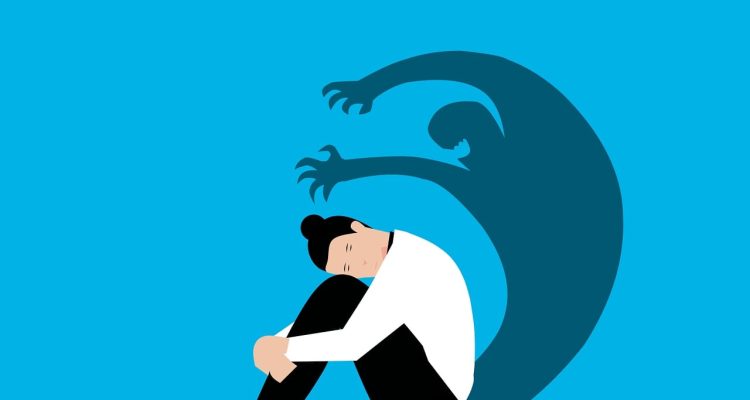Anxiety is one of the most common mental health crises people deal with around the world. People of all ages can experience anxiety, whether it’s mild and temporary or severe and long-term. Some people may experience it due to work or school, hormonal balances, or trauma. Others may deal with it just because.
However, just because anxiety is common doesn’t mean we shouldn’t get the help we deserve. That said, let’s discuss what the best treatment is for it.
Medication
One of the fastest ways to get a grip on your anxiety symptoms is to get put on anti-anxiety medication. While this isn’t always the ideal approach in everyone’s eyes, especially for fear of side effects, it can be one of the best, particularly for those who are generally anxious or experience high levels of anxiety.
Anti-anxiety medications can be taken temporarily, like post-partum, or long-term. Some may take medication daily to ensure regular help for their everyday uneasiness. Other medications are designed to be taken only when one is in a highly anxious situation.
Therapy
Therapy may not be for everyone, but it is one of the most trusted forms of anxiety treatment in California for many. Therapy is highly recommended for those who have an anxiety-inducing trauma they need to work through, need help dealing with their impatience symptoms, or have trouble processing or understanding their anxious thoughts.
A therapist won’t be able to cure your anxiety overnight. Rather, regular therapy sessions can help you to grow as an individual, get through specific problems, and generally assist you in powering above the anxiety with healthy coping mechanisms. Therapy, while challenging at times, can be a method of treatment that provides the changes you need.
Mindfulness & Meditation
Outside of medication and therapy, another highly effective form of treatment for anxiety is mindfulness and meditation. These two play hand-in-hand. Both treatments can either be done on one’s own or even with professional assistance.
Mindfulness involves noticing and accepting one’s own bodily sensations, thoughts, and emotions. Being mindful teaches one how to live in the present moment in a healthy way through self-awareness, self-acceptance, and no self-judgment. Just accepting things the way they are. This state allows us to understand the power being calm has over us and the way we feel.
Meditation, while it uses mindfulness, is its own practice. Meditation involves remaining quiet and peaceful, all while maintaining proper breathing techniques. A session of meditation usually lasts about 20 to 30 minutes but can be shorter or longer.
Regularly practicing mindfulness and meditation can allow one to better accept one’s anxiety symptoms and learn the importance of staying calm in difficult situations.
Conclusion
Anyone can experience anxiety in their lifetime, even if they’ve never dealt with it before. The good news is, there are many forms of treatment we can turn to when we’re dealing with problems with this fear. From therapy, to mindfulness & meditation, to medication, we can combat anxious thoughts and symptoms as much as possible.

